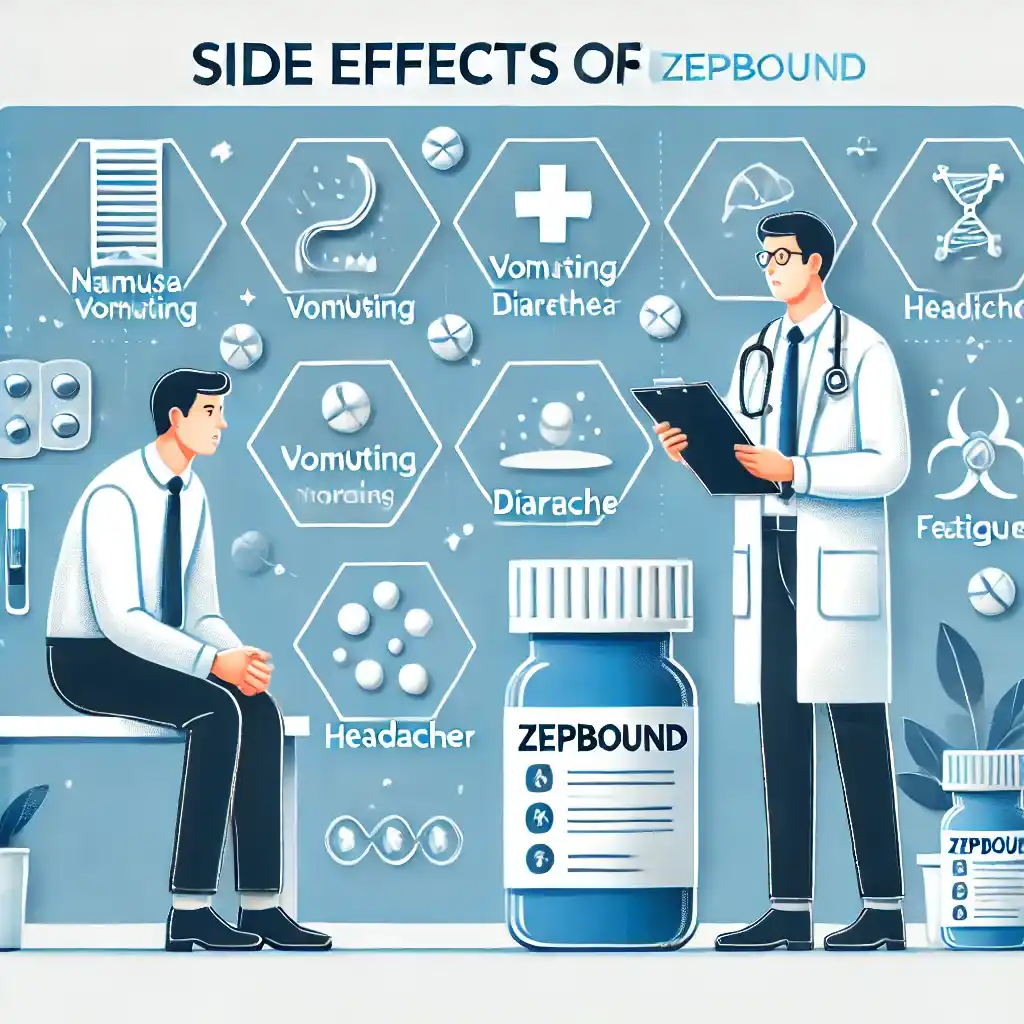Zepbound Side Effects Explained: Should You Be Concerned?

Those who wish to take this weight loss medicine find it necessary to learn about Zepbound side effects first or for those who are already using it. As for weight gain, drugs have shown an extremely favorable performance but having the right information about unrelated side effects allows patients to choose a treatment method that suits them.
Common Side Effects
Side effects were more common in the gastrointestinal system and are the most normal effects which are more prevalent among people taking Zepbound. They include an increase in instances of nausea, change in bowel movements with a loosened stool or obstipation, vomiting, stomach aches, and a loss of appetite. Such effects are more likely to appear during the initial phase of therapy and maybe cease as the body becomes more immune to the medicine.
Gastrointestinal Considerations
Zepbound side effects affecting the digestive system are generally mild to moderate. Many patients find that starting with the lowest prescribed dose, following meal portion recommendations, staying well-hydrated, eating slowly, avoiding fatty foods, and maintaining regular meal times can help minimize these effects.
Injection Site Reactions
Some patients may experience Zepbound side effects at the injection site, including redness, mild swelling, itching, and minor bruising. These reactions are typically temporary and can be minimized by rotating injection sites and using proper injection techniques.
Serious Side Effects to Monitor
While less common, some serious Zepbound side effects require immediate medical attention, including severe stomach pain, persistent vomiting, signs of pancreatitis, gallbladder problems, changes in vision, and severe allergic reactions.
Managing Side Effects
Effective management of Zepbound side effects involves keeping detailed records, maintaining regular communication with healthcare providers, following dosing instructions precisely, maintaining proper nutrition, and staying hydrated throughout the day.
Risk Factors
A number of elements have been identified which are likely to arise in a person who is using Zepbound, these factors, for instance, include a history of previous or present gastrointestinal problems, diabetes, medications, a previous medical condition, and gallbladder diseases.
Monitoring and Follow-up
Only symptoms that are still present after a certain period of time require follow-up through being diagnosed with the use of or recommending Zepbound as is the case with checkups and Symptoms that are not present must receive prompt support from a new set of Features, for instance: scheduling checkups, tracking weight loss, monitoring blood sugar or keeping a list of medications.
Long-term Considerations
Understanding long-term Zepbound side effects includes awareness of effects on metabolism, impact on nutritional status, potential medication interactions, and changes in effectiveness over time.
Conclusion
It is important to note that Zepbound side effects can occur, however, most of the side effects will require close monitoring from a doctor and a patient together. The most effective treatment must involve coordination with healthcare providers, adhering to evidence-based protocols, and reporting any rapid increases in concern.
Patients need to consider the potential benefits indicators in store for them and some of the Zepbound’s treatment side effects. Proper monitoring and management of the said effects, and side effects may and are likely to be dealt with successfully by patients all along the management of their weight objectives.





